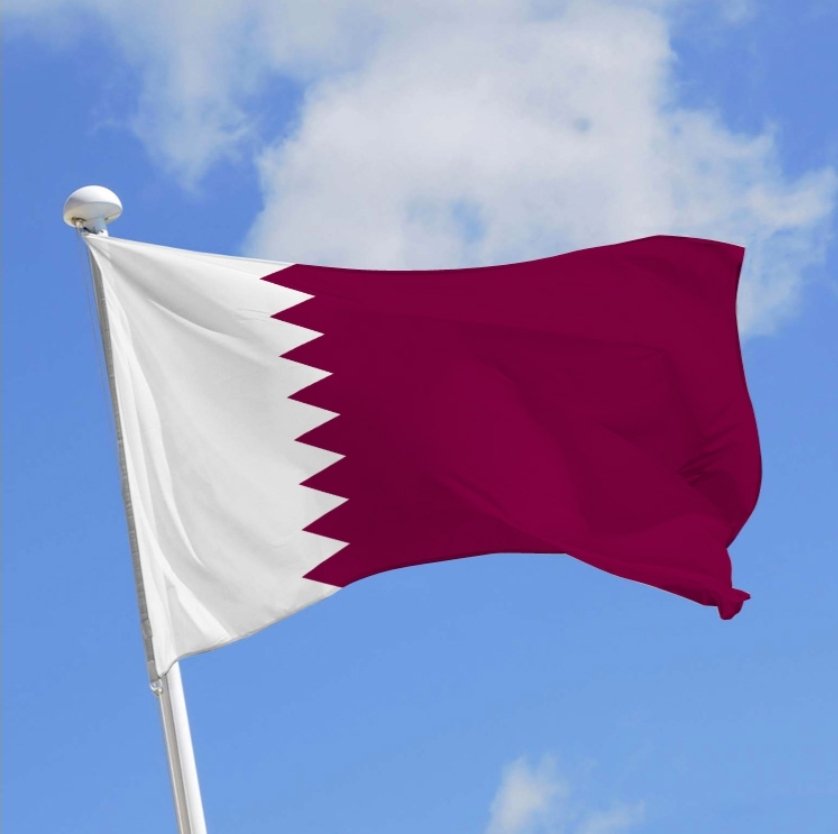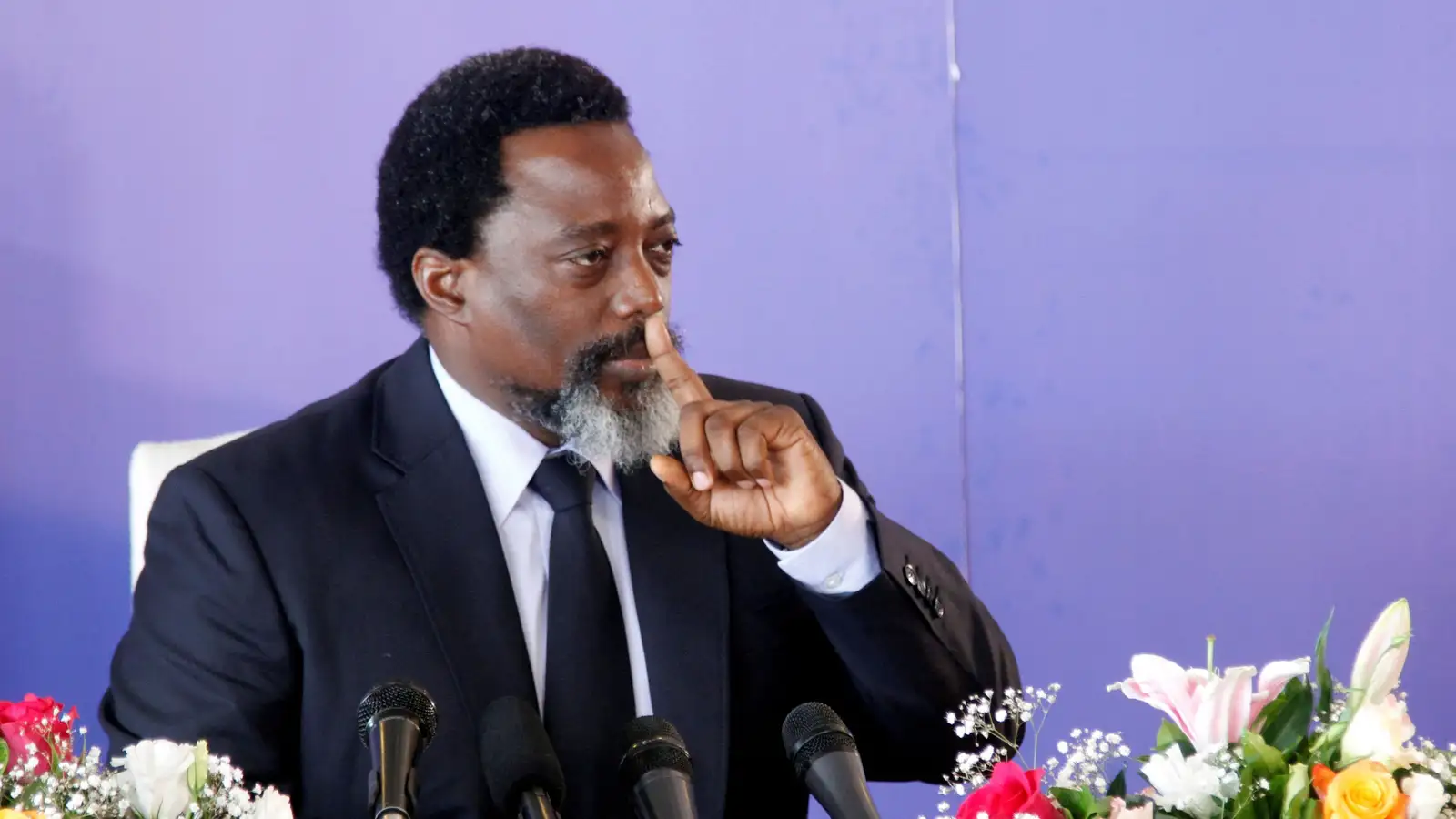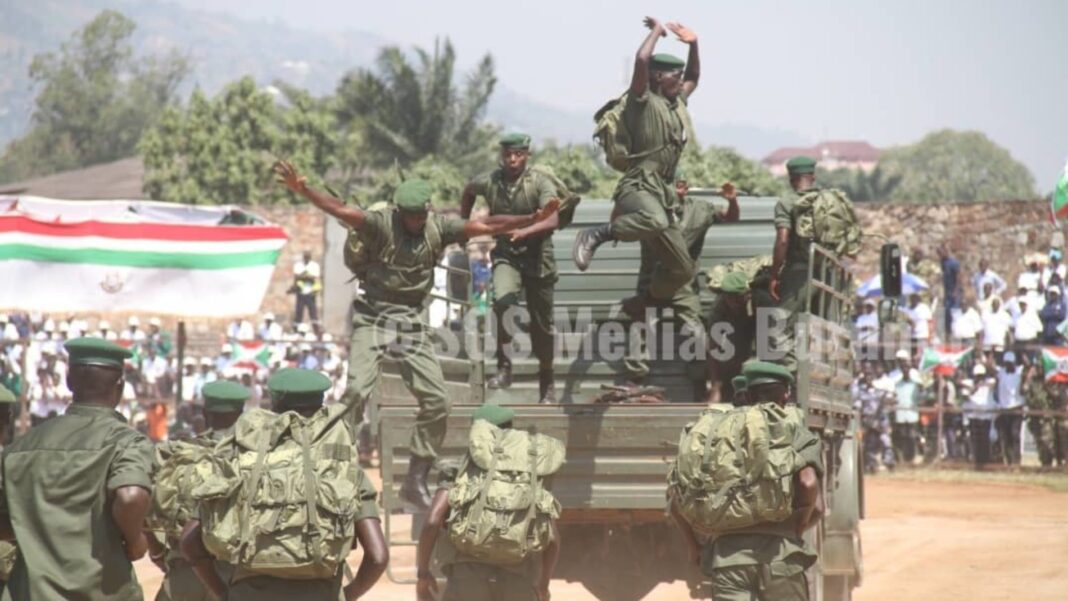After three weeks of intermittent discussions in Doha, the outcome was minimal. The delegations from Kinshasa and Goma parted ways without reaching a compromise or issuing a joint statement yet another missed opportunity to de-escalate a deepening political and security crisis.
The initial goal of these talks, facilitated by Qatar, was clear: to solidify a ceasefire in eastern Democratic Republic of the Congo and lay the groundwork for broader political dialogue. But both on the ground and at the negotiation table, the gap between the parties only widened.
According to several sources close to the negotiations, the delegates representing Corneille Nangaa (AFC/M23) and those of President Félix Tshisekedi held only four to five in-person meetings. The rest of the exchanges occurred through Qatari facilitation, without significant progress.
One of the central issues the ceasefire became a major point of tension. Unilaterally declared by the Congo River Alliance (AFC/M23), it was reportedly respected on the Goma side but repeatedly violated by troops loyal to Kinshasa, especially in the Walikale region. The AFC/M23 delegation denounced the central government’s behavior as “reckless,” accusing it of attempting to sabotage any real progress.
Another key sticking point was the issue of political and military prisoners. A list of nearly 700 names submitted by the Goma delegation was simply ignored in the draft final declaration. For AFC/M23, this was a blatant sign of bad faith from the Congolese government.
Furthermore, Kinshasa allegedly tried to insert a reference to armed groups and a call for their disarmament in the final text something Goma deemed unacceptable, insisting it does not represent any such group.
In light of these tensions, the Emir of Qatar, who hosted and facilitated the talks, reportedly expressed deep disappointment. A source close to the matter said that Doha had expected a more constructive dynamic but now faces a major diplomatic failure. “The Emir does not know Tshisekedi,” a Goma delegate is quoted as saying, describing him as “brutal, wavering, inconsistent, and chameleon-like.”
Rather than easing tensions, the Doha summit only highlighted the deep mistrust between the two sides. Dialogue is now frozen, the military situation remains explosive, and the prospects for a political solution seem more distant than ever. Meanwhile, the people of eastern Congo continue to bear the brunt of this deadlock.



